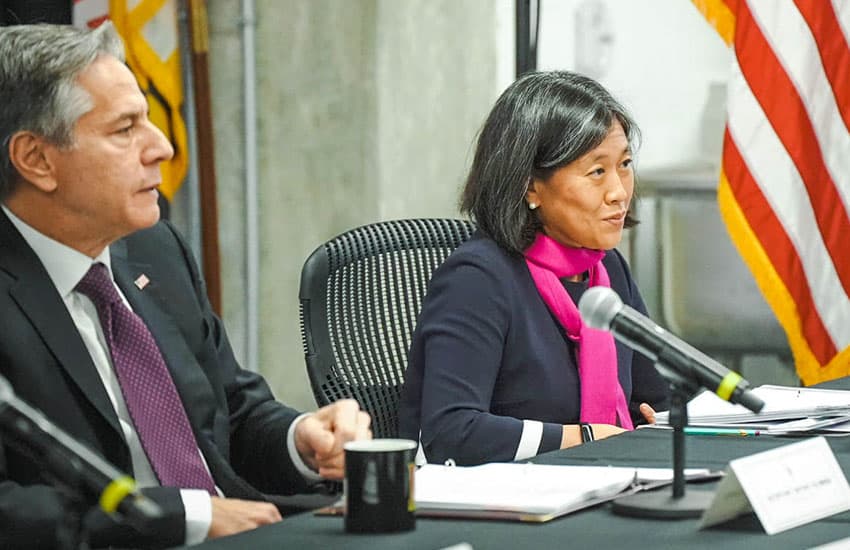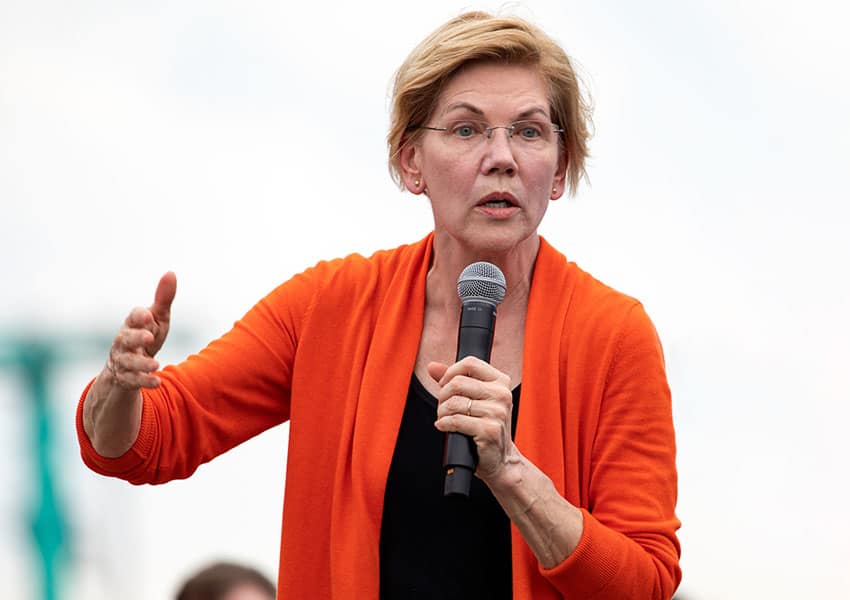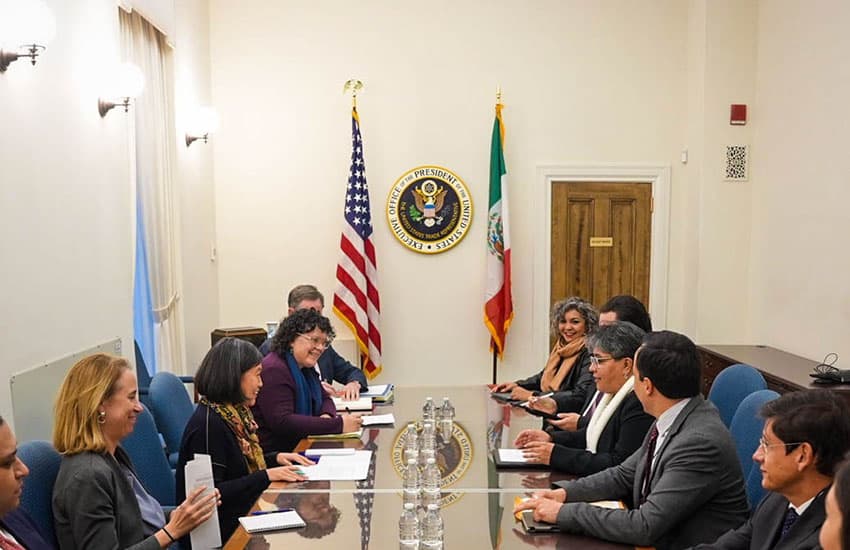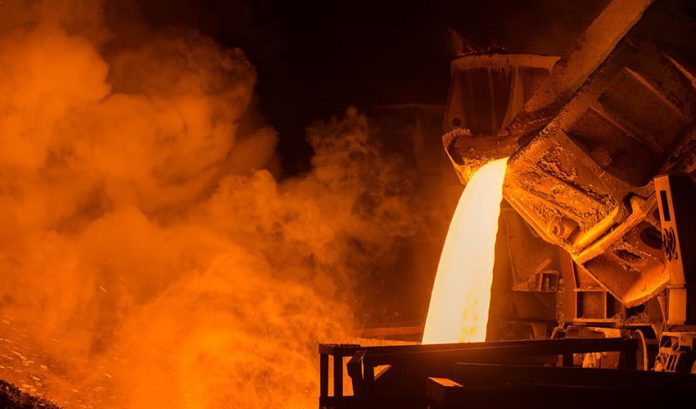United States senators urged the Biden administration on Tuesday to take action on a “surge” of Mexican steel imports.
The bipartisan group of 14 U.S. senators who signed the letter, addressed to U.S. Secretary of Commerce Gina Raimondo and Trade Representative Katherine Tai, are demanding action against an “unsustainable” rise in imports of steel from Mexico.

The politicians stressed the possibility of requesting a consultation under the United States-Mexico-Canada Agreement (USMCA) if the “Mexican government refuses to repair this breach.”
The letter references section 232 of the Trade Expansion Act, which permits the Executive to impose tariffs in the event that imports “threaten national security.” Section 232 is controversial: the World Trade Organization ruled in December that the tariffs it imposes violate global trade rules. The Biden Administration stated in response that it would continue to impose the tariffs, referring to it as an issue of “national security.”
Section 232 was invoked by former U.S. president Donald Trump in 2018 when he imposed tariffs of 25% on Mexican steel as part of his “America First” economic policy, resulting in several countries’ governments filing legal actions against the U.S. with the WTO, including Mexico.
Trump removed the tariff on Mexico in 2019 during North American trade negotiations, and Mexico withdrew its action with the WTO. As part of the agreement, the U.S. and Mexico agreed to continually monitor the trade balance of steel and aluminum between their two countries.
Under the agreement, if imports of those products surge “meaningfully beyond historic volumes of trade over a period of time,” the importing country can request a consultation with the exporting country.
“After such consultation, the importing country may impose tariffs of 25% for steel and 10% for aluminum,” the agreement said.
Both countries also agreed to implement measures to prevent the importation of aluminum and steel that is unfairly subsidized or sold at “dumped” prices.
The senators argue that Mexico’s steel imports have violated the 2019 agreement.

“Since the U.S. lifted section 232 tariffs, Mexican steel conduit imports have reached unprecedented levels and Mexico’s penetration of the U.S. steel conduit market has more than tripled while demand from U.S. consumers has fallen,” the senators’ letter said.
“The wave of Mexican steel imports has already contributed to the loss of over 200 steel jobs in California and led to the closing of one of less than a dozen American factories that produce steel conduit.”
The senators allege that steel imports from Mexico have increased 73% in the last three years compared to the “pre-section 232 2015–2017 baseline.”
Semi-finished steel and long product imports increased by 120%, and steel conduits increased by 577%.
The Mexican Chamber of the Iron and Steel Industry (Canacero) rejected what it referred to as “protectionist claims,” noting that the United States exports more steel to Mexico than it imports.
“It is twice the share of Mexican exports to [the U.S.],” Cancaero said in a statement on Sunday, noting that the market share of Mexican steel imports to the U.S. represents only 3.3% of domestic consumption while steel from the United States makes up 14.6% of Mexico’s consumption.

“We must work to balance the market and strengthen our value chains instead of wanting to continue building walls… the real challenge for the American industry is on the other side of the Pacific, not south of the Rio Grande.”
Canacero and the Mexican authorities will carry out an objective analysis of the situation to better understand the benefits generated by regional trade.
With reports from Reforma and El Economista
